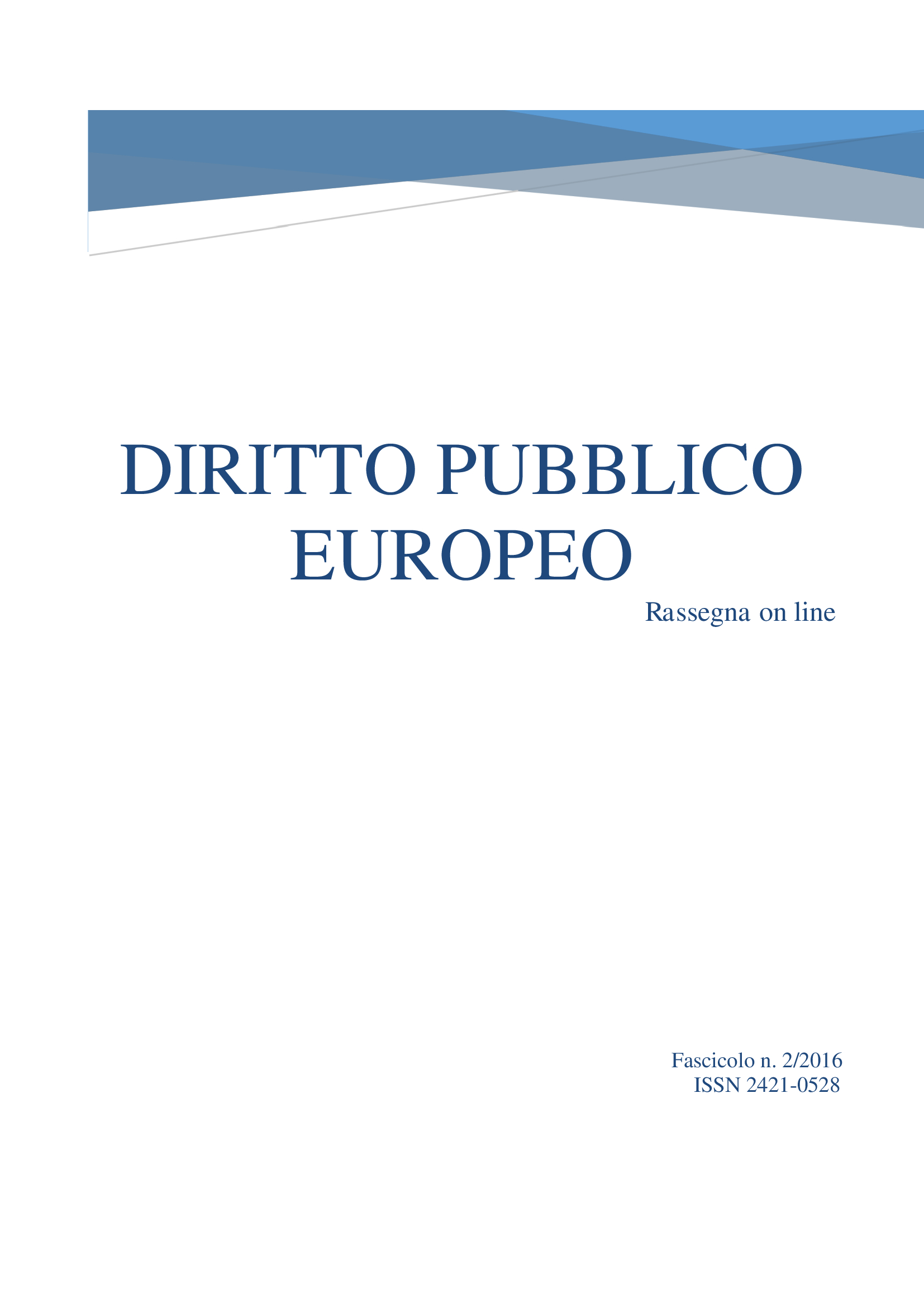Magna Carta, Common law constitutionalism e mutamenti della funzione giurisdizionale
DOI:
https://doi.org/10.6092/2421-0528/6476Keywords:
Magna Carta, sovranità parlamentare, potere dei giudici, common law, constitutionalism, controllo di costituzionalità delle leggiAbstract
The article starts with an analysis of the Magna Carta to reflect on recent trends in constitutional law related to the so-called Common Law Constitutionalism, enshrining an empowerment of the judicial power in many constitutional orders, including the UK. Here, such an empowerment—triggered by the interactions of the domestic legal order with supranational ones—would seem to be in contrast with the Dicey’s legal tradition of parliamentary sovereignty, usually supporting judicial self-restraint vis-à-vis legislative power. By way of contrast, it is submitted that the empowerment of the judicial power seems consistent with the medieval tradition of the Magna Carta—endorsing the general principle according to which any kind of power shall be submitted to, and limited by, law. In particular, the revival of this medieval tradition during the seventeenth century, namely during the constitutional conflicts between the Crown and the Parliament, brought some authors—such as Sir Edward Coke—to endow the judge with the power to scrutiny the sovereign prerogatives in light of ancient law and general principles of equality and fairness.


